We are Lasallian, The First SJIIS in Malaysia.
At SJIIS, we believe that the early years are the foundation of a child’s educational journey. Our Early Years Foundation Programme (Nursery and Reception) is designed to nurture curiosity, creativity and confidence in a warm and stimulating environment. Through hands-on learning, structured play, and a strong pastoral ethos, we support each child’s holistic development, ensuring they feel happy, valued and ready for the next stage of their education.
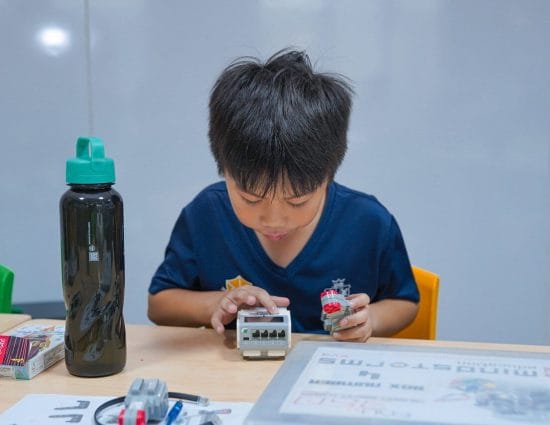
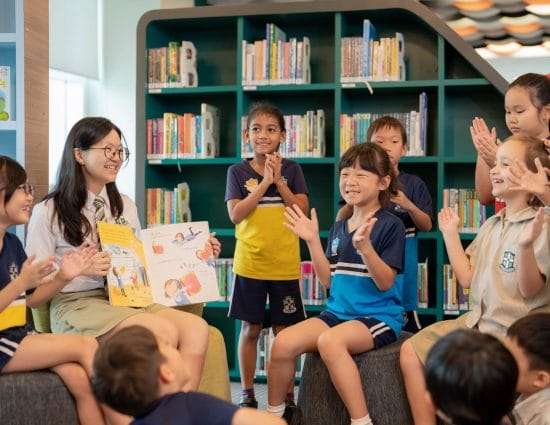
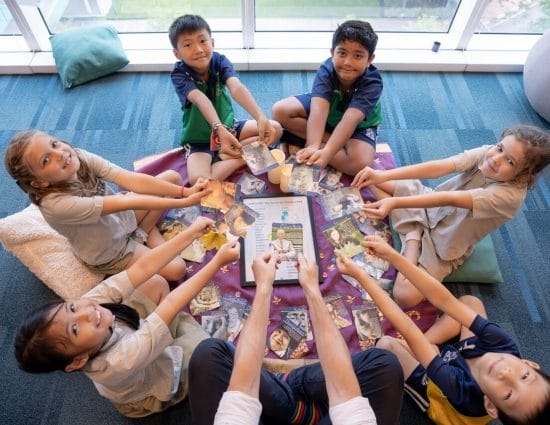
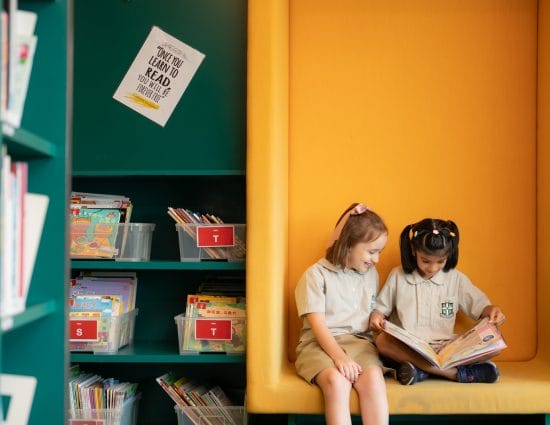
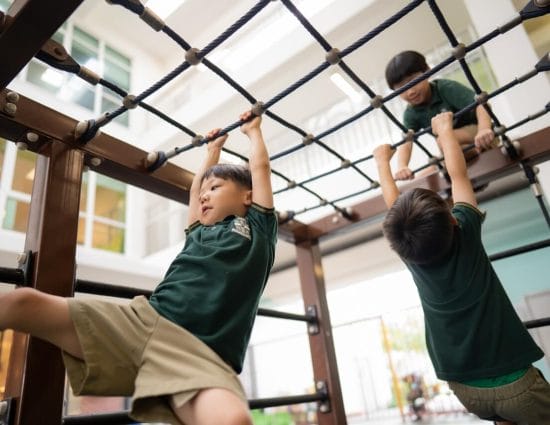
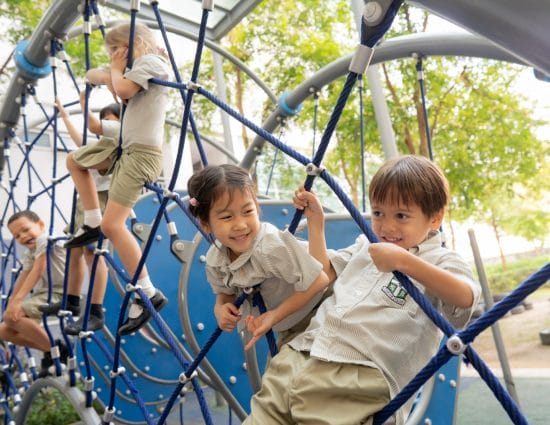
Our Early Years curriculum follows the UK Early Years Foundation Stage (EYFS) Framework, which focuses on seven key areas of learning.
These are the essential building blocks of early learning:
Developing listening, speaking and comprehension skills in a language-rich environment.
Encouraging movement, coordination and healthy habits through active play.
Helping children build confidence, independence and positive relationships.
These areas extend and enrich learning experiences:
Cultivating early reading and writing skills through engaging activities and phonics-based learning.
Introducing foundational concepts using the renowned Singapore Maths approach, making learning fun and interactive.
Encouraging curiosity about people, places, technology and the environment through exploration and observation.
Providing creative outlets through music, art, dance, and imaginative play.
Young children are naturally curious and learn best through play-based, hands-on experiences. At SJIIS, we offer an enriching learning environment that blends structured learning and child-initiated play, so every child remains engaged in learning.
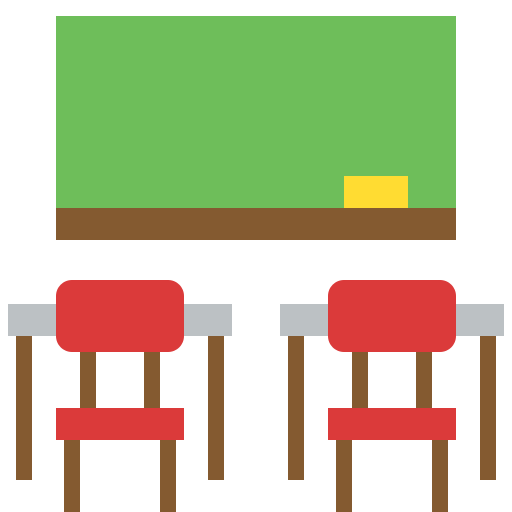
Learning extends beyond the classroom with outdoor play, nature exploration and physical activities.
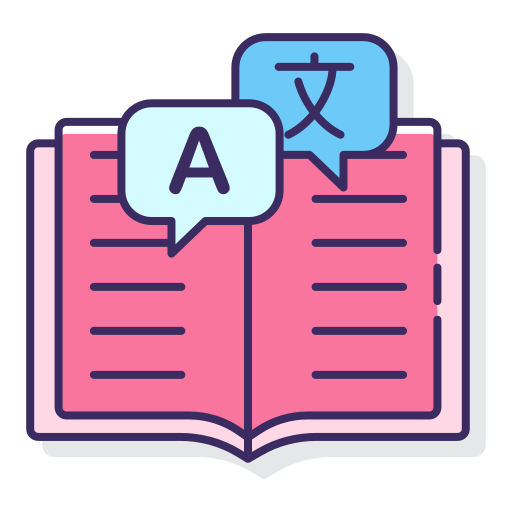
Fostering early bilingualism in a fun and immersive setting.
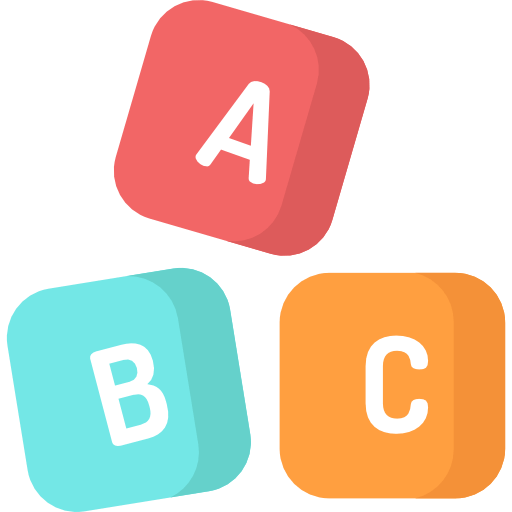
Supporting strong literacy foundations through proven UK-based teaching methods.

Encouraging creativity, critical thinking and global awareness.

We understand that each child is unique. Our dedicated teachers carefully observe students’ strengths, interests and needs, tailoring lessons to ensure personalised learning experiences. We create an environment where children feel safe, confident and excited to learn every day.
At the end of Reception, children are assessed against 17 Early Learning Goals to ensure they are well-prepared for Year 1 of the National Curriculum for England. Our Early Years programme builds a strong academic and emotional foundation, equipping them with essential skills to thrive in their future learning journey.
